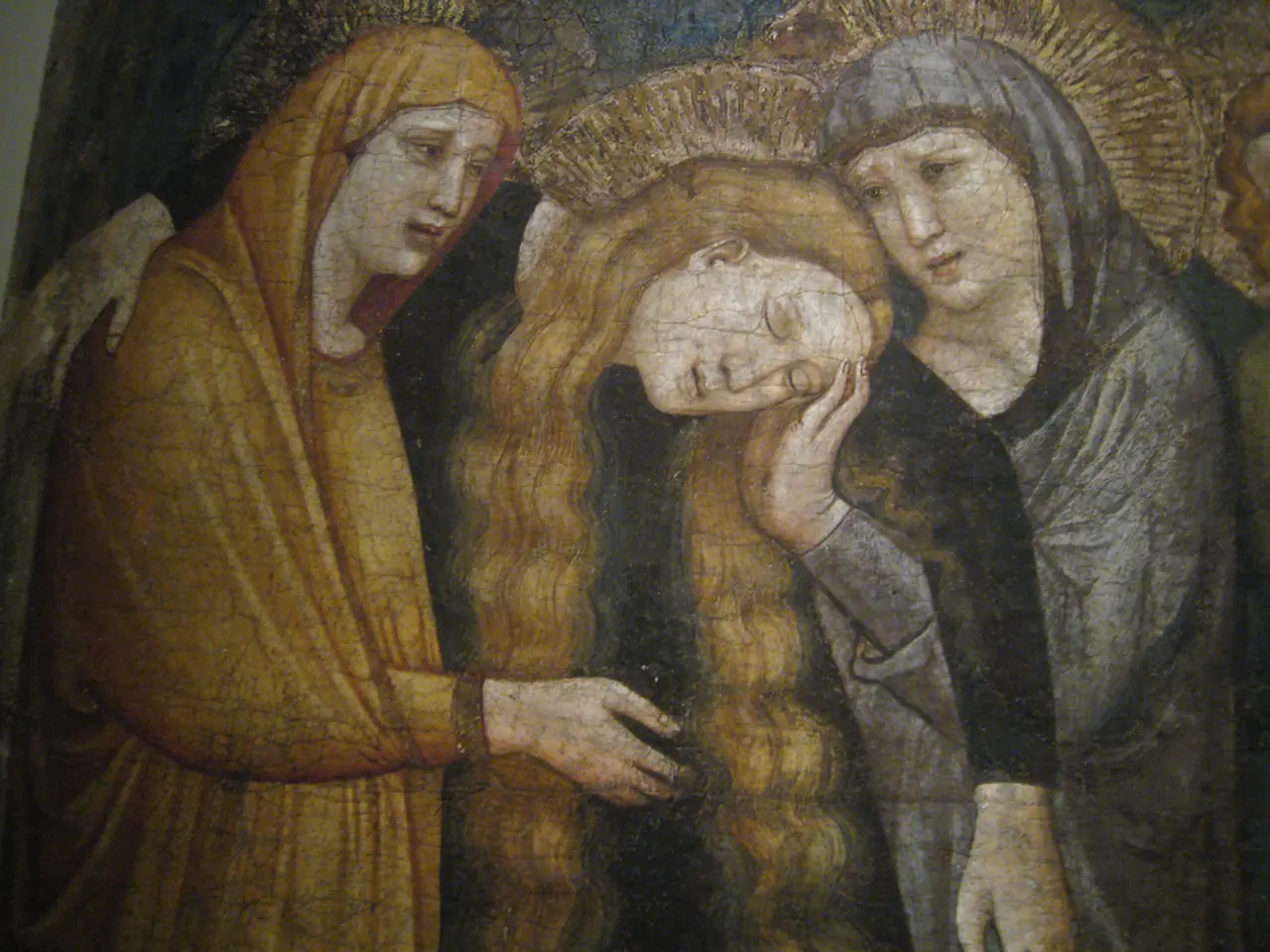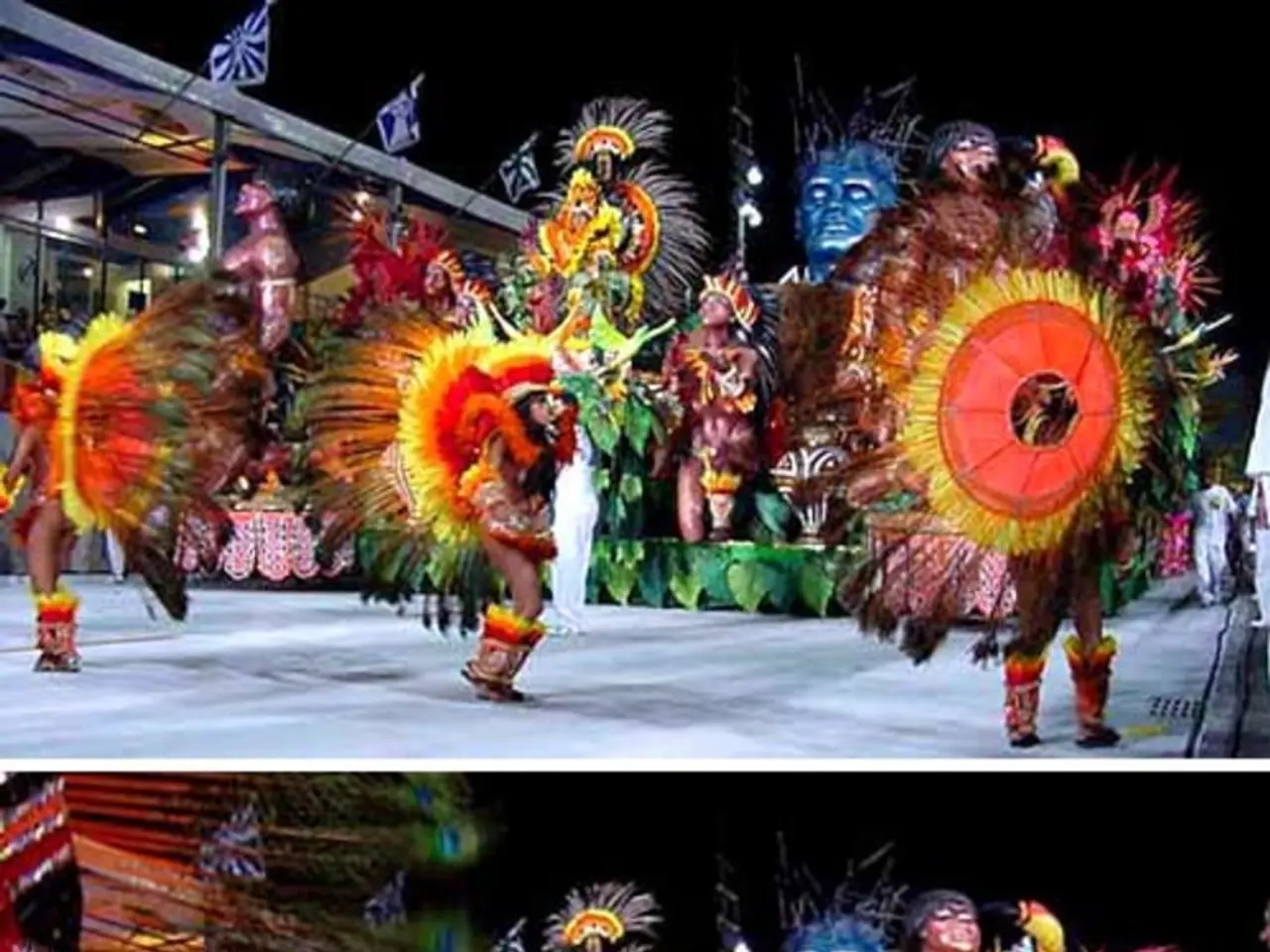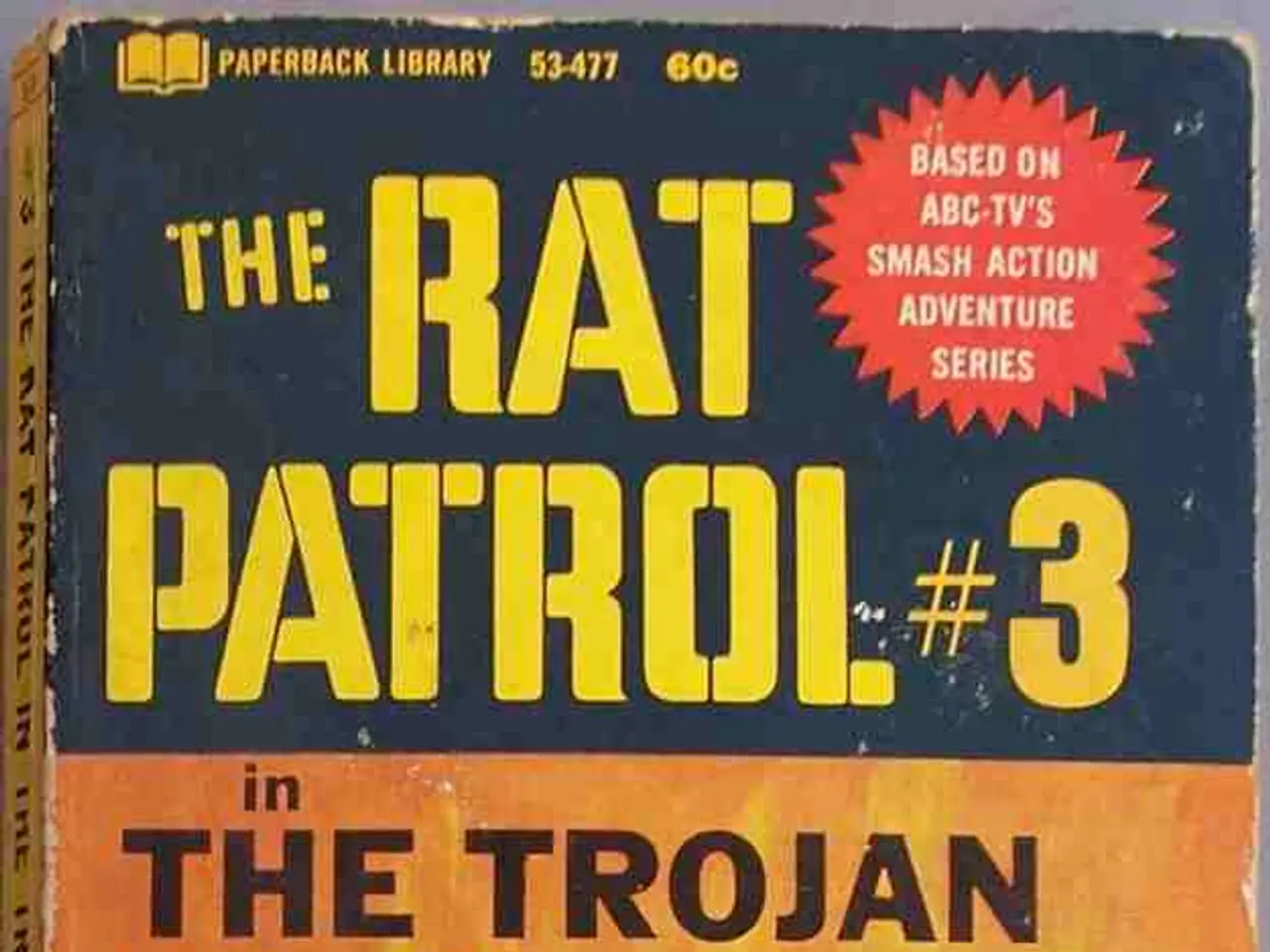Rockin' Back to the Roots of Columbia Records and CBS
Insights Behind the Brand: CBS Music Label
Ever heard of Columbia Records, the label responsible for bringing tunes to your ears since 1888? Yeah, they started way back then, peddling phonographs and cylinders. Can you believe it? They were practically inventing the modern-day radio!
The '20s brought constant tech upgrades for our pals at Columbia. Every 5-10 years, they'd be selling a brand new item like it's too cool for school. In 1912, they switched gears and focused solely on manufacturing and distributing disc records. This groundbreaking move set the stage for the golden era of music to come.
Fast forward to 1938 when CBS (not the network, but the record company) barged in, bought Columbia, and slapped their label on it, making it their bitch outside of the USA. And this was all cool because EMI or whatever had trademark issues with the 'Columbia Graphophone Company' or some shit like that.
You might be thinking, "Whoa, these guys had Frank Sinatra recording for them? Must have been a hell of a party!" And you're absolutely right. Old Blue Eyes belted it out for Columbia, cranking out over 200 tracks, and even pushing for the invention of the 331/3 format. Technicality aside, it wasn't an LP, but a 10-inch version. Still boppin' to Frank's tunes? We don't blame ya, buddy.
Some other big names that graced Columbia Records (aka CBS if you're across the pond) included Bob Dylan, Simon and Garfunkel, Bruce Springsteen, and The Psychedelic Furs. Just a bit of a powerhouse lineup, wouldn't you say, shithead?
But wait, there's more! When CBS got involved in the record biz, they didn't mess around. They were on the cutting edge of music technology, leading the charge with Microgroove LPs in '48 and stereo records in the '50s, upping the ante on sound quality for music lovers everywhere.
Columbia Records? More like the Badass Mother of Record Labels, am I right?
Oh, and let's not forget about Colpix Records, a sublabel launched by Columbia Pictures in '58 to chase that sweet, sweet soundtrack cash. Y'know, like when "Mandy" shimmies her way onto the charts with her theme song, or what have you.
So next time you're jamming to your favorite tune courtesy of Columbia Records, raise a middle finger to tradition and dance the night away with the rebellious spirit that's been pulsing through this label since '88. Rock on, freedom-loving music-lovers!
The golden era of music thrived under the focus of Columbia Records on disc records in the 1910s, setting the stage for legendary artists like Frank Sinatra to create their masterpieces (music). The evolution of technology in the music industry continued with CBS's introduction of Microgroove LPs in 1948 and stereo records in the 1950s, providing a superior listening experience (entertainment).








